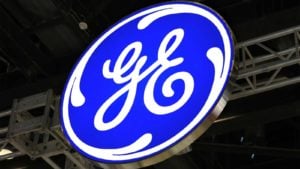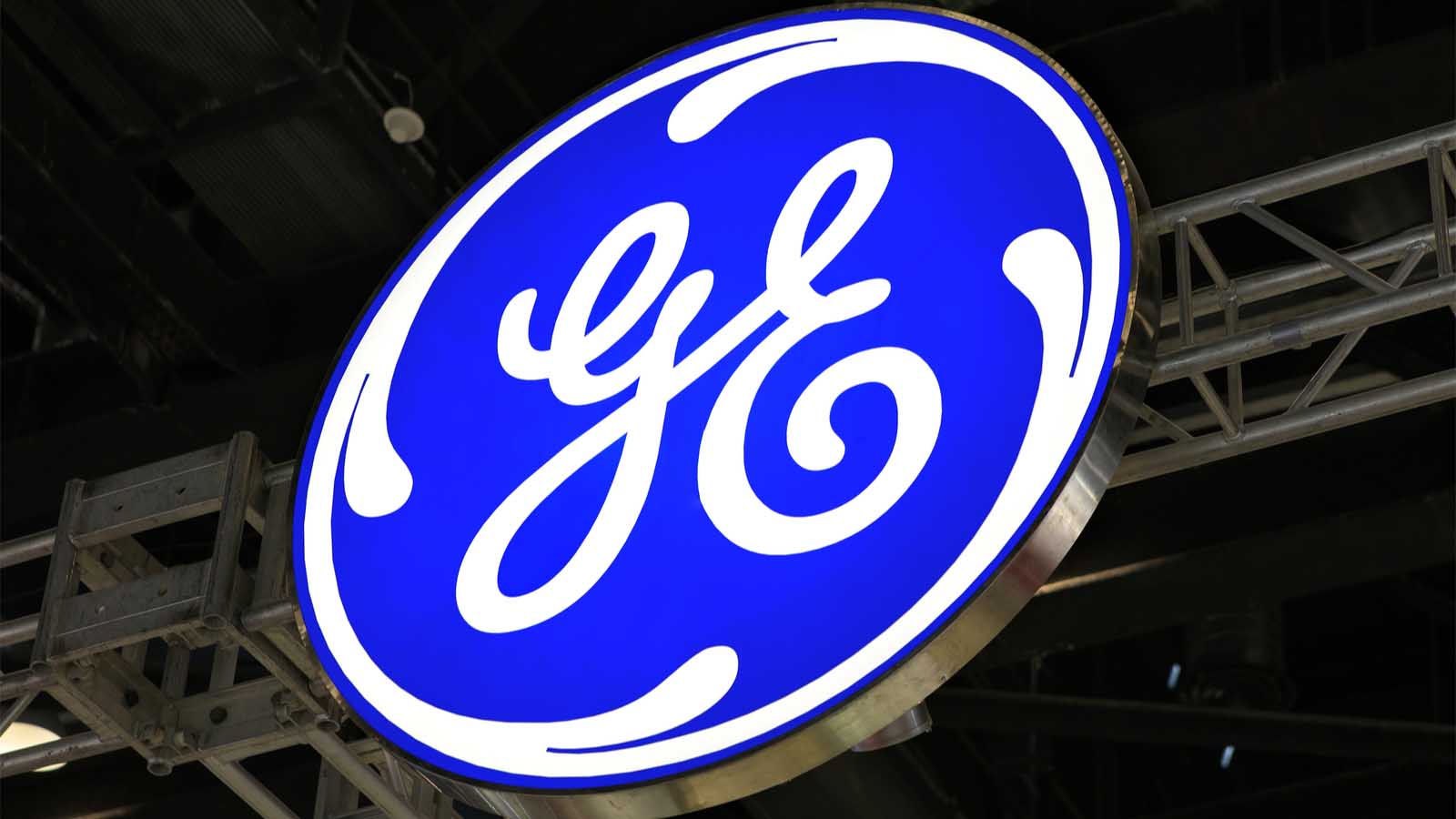As with many other stocks in 2019, General Electric (NYSE:GE) ended with a nice bullish move. Starting in early October, shares of GE stock went from $8.28 to around $12 per share. This put the year-long return for 2019 at about 53%, which exceeded the gain on the S&P 500.

This performance, though, is more than just about general optimism in the overall markets. CEO Larry Culp has done a standout job at the helm since coming on board in October 2018.
Although, this should not be a surprise. When he was the CEO of Danaher (NYSE:DHR) — from 2000 to 2014 — there was a five-fold jump in both the revenues and market cap.
He showed that he can effectively manage the strategic vision, as well as the nuanced details of a complex organization. He also demonstrated a great ability to apply process methodologies, like lean manufacturing — which strives for continuous improvement. This approach was initially innovated at Toyota (NYSE:TM).
When Culp became CEO of GE, the situation was dire. The company had gone through two CEOs, the shares were delisted from the Dow, the dividend was slashed and the losses were piling up. From 2016 to 2018, the General Electric stock went from $32 to under $7.
However, Culp put together a smart playbook to right the ship. Of course, a key part of this was an aggressive focus on reducing the bloated cost structure. He also was swift in unloading assets, like the biotech business and Baker Hughes (NYSE:BKR).
Yet, this was mostly about the low-hanging fruit. Going forward, it will likely be more difficult to find ways to improve the organization.
Many Problems Remain
One of the biggest issues for GE stock is the GE engine segment, which accounts for a hefty 60% of the industrial profits. The problem, of course, is Boeing’s (NYSE:BA) 737 MAX, which has been sidelined due to two traffic airline crashes. It is still far from clear when production and deliveries will resume. But in the meantime, GE is feeling the impact, with a quarterly loss of $400 million in cash flows. This is likely to put lots of pressure on the company given the enormous debt load of $93.2 billion.
Furthermore, the other company segments are also lagging. For example, even though the Power business has shown improvement, revenues were still off by 14% in the latest quarter. What’s more, the Healthcare Systems unit has been mostly lackluster, with a meager 5% increase on the top line. There has continued to be weakness in China and the Middle East.
Then there is GE Capital, which is suffering from the liabilities of its long-term care business. In the quarter, there was a loss of $645 million.
Bottom Line on the GE Stock Price
For the most part, Culp has stabilized operations, which is definitely crucial. Not long ago, there were serious concerns about the viability of GE; The situation had gotten that bad.
But despite all this, it does look like that much of the good news has already been factored into GE stock. Consider that the forward price-to-earnings ratio is 18x, which is rich for a company that still has a host of problems. By comparison, Honeywell (NYSE:HON) trades at 20X and United Technologies (NYSE:UTX) is at 18X. No doubt, both of these companies are on much more solid footing.
So, at least in the near-term, it’s probably best to be cautious with GE stock.
Tom Taulli is the author of the book, Artificial Intelligence Basics: A Non-Technical Introduction. Follow him on Twitter at @ttaulli. As of this writing, he did not hold a position in any of the aforementioned securities.
